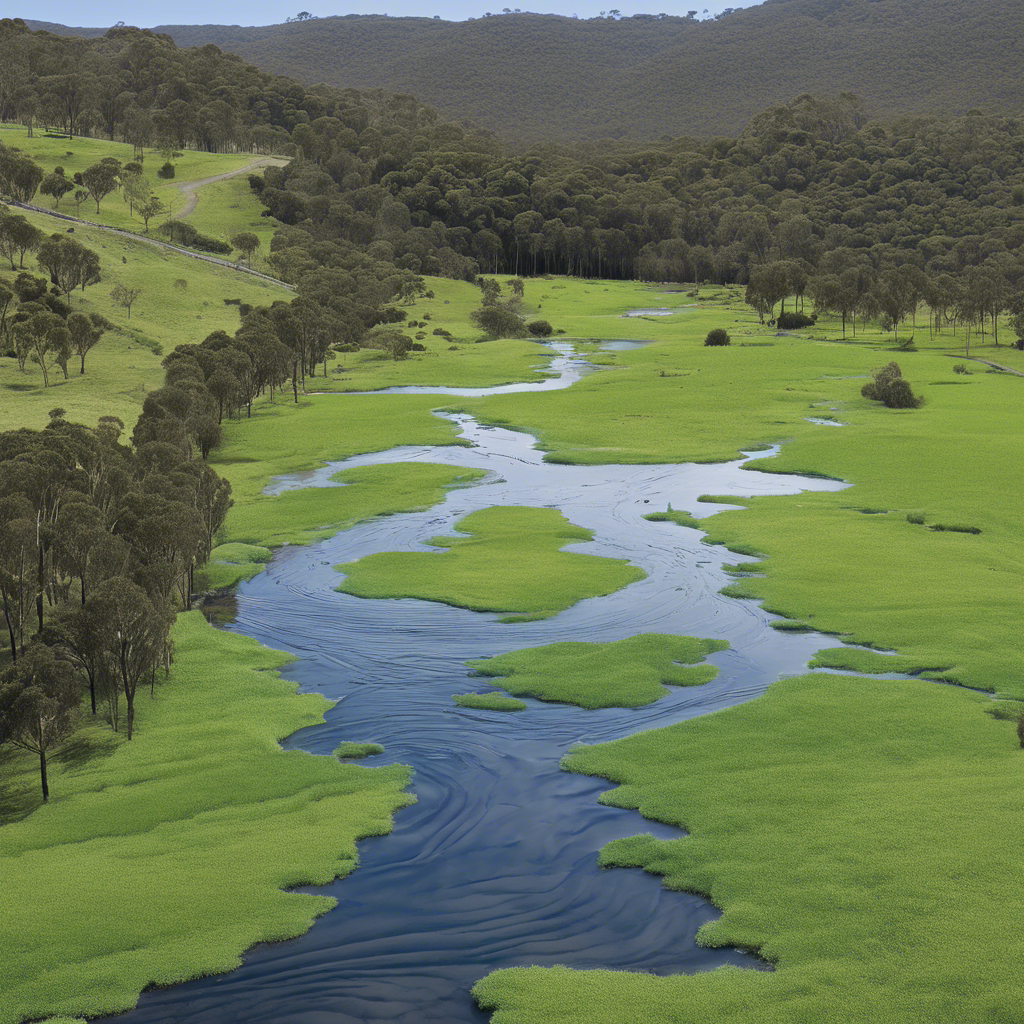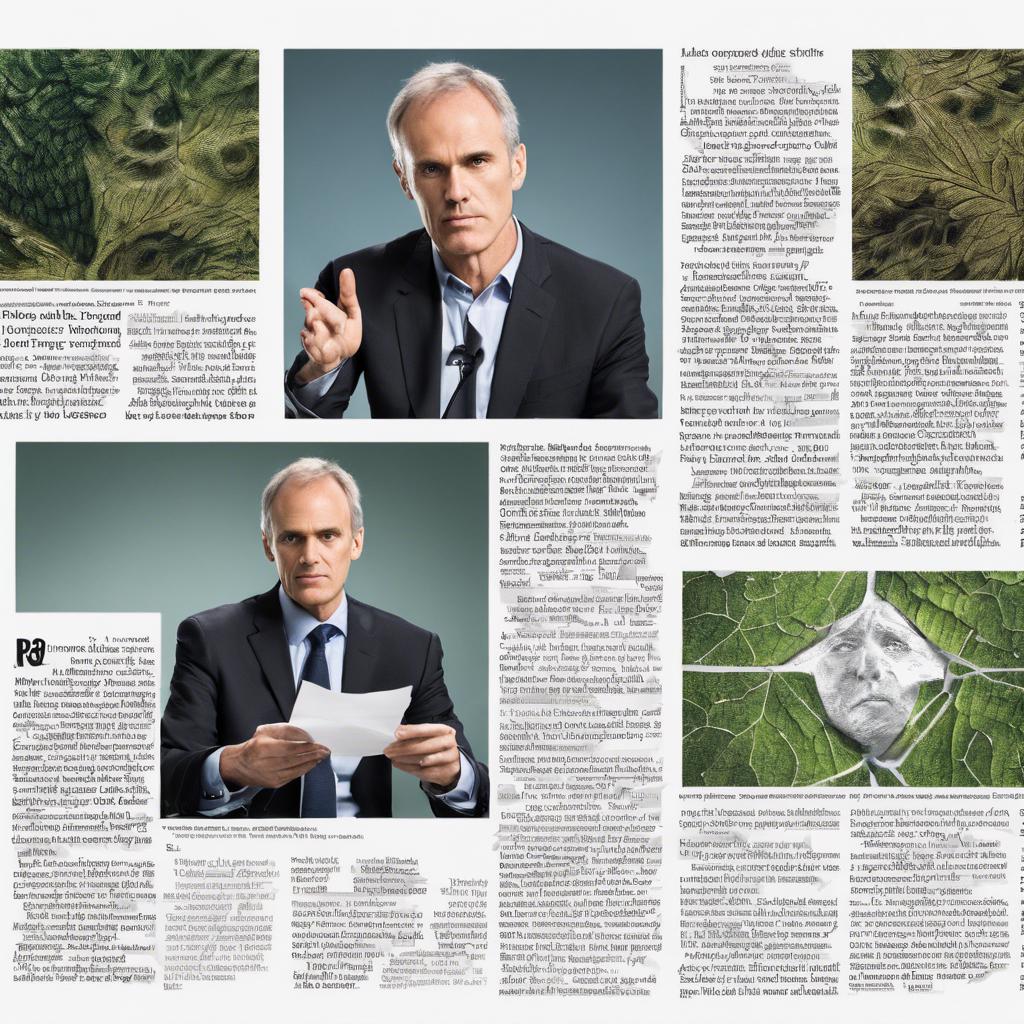The Albanese government and Greens have reached an agreement to establish a nature repair scheme and expand the water trigger to include all unconventional gas projects. The deal aims to protect biodiversity and prevent the misuse of nature market trades as offsets for habitat destruction.
In a surprising turn of events, the Albanese government and the Greens have come together to pass legislation for a nature repair scheme and an expanded water trigger. The nature repair bill aims to create a market that encourages private investment in projects focused on protecting and restoring biodiversity. Meanwhile, the expanded water trigger will require the consideration of the impact on local water resources for all forms of unconventional gas development. This unexpected alliance has raised eyebrows and sparked debates among various stakeholders.
Controversial Nature Repair Scheme Gains Support
The nature repair bill, initially met with resistance, has garnered support from the Greens and the Jacqui Lambie Network’s two senators. The bill proposes the creation of a market where businesses can invest in projects that protect and restore biodiversity. In return for their investment, businesses would receive tradeable certificates. However, concerns have been raised about the inclusion of offsets, which could potentially undermine the purpose of the scheme. To address this, the Greens’ environment spokesperson, Sarah Hanson-Young, moved an amendment to prohibit the trading of credits as offsets for habitat destruction caused by other development.
Expanded Water Trigger to Include Unconventional Gas Projects
The government has committed to fast-tracking legislation to strengthen the water trigger, ensuring that it applies to all forms of unconventional gas development. Currently, the water trigger requires the consideration of the impact on local water resources for large coal and coal seam gas proposals. The expansion of the water trigger is seen as a crucial step in protecting water resources, especially in areas where fracking is a looming issue, such as the Northern Territory’s Beetaloo Basin. Both the Greens and independent MP Sophie Scamps had been advocating for the government to act sooner and had introduced their own bills calling for the expansion of the water trigger.
Passage of Environmental Legislation in the Final Weeks of Parliament
With the passage of the nature repair bill and the expanded water trigger, Environment and Water Minister Tanya Plibersek has successfully negotiated the passage of three significant pieces of environmental legislation in the final two weeks of parliament. Last week, legislation to amend the Murray-Darling Basin plan was also passed. Plibersek believes that the nature repair market will make it easier to invest in restoring nature and support landholders in initiatives such as replanting koala habitat and eradicating feral species. The expanded water trigger is seen as a sensible change to protect Australia’s most precious resource, water.
Conclusion: The Albanese government and Greens’ agreement to establish a nature repair scheme and expand the water trigger has sparked both praise and criticism. While the nature repair bill aims to encourage private investment in biodiversity projects, concerns remain about the potential misuse of offsets. The expanded water trigger, on the other hand, is seen as a necessary step in safeguarding water resources, particularly in areas affected by unconventional gas development. The passage of these environmental legislations marks a significant achievement for Minister Tanya Plibersek, who has been able to navigate complex negotiations and secure support for these initiatives. The long-term impact of these measures on Australia’s environment remains to be seen, but they have certainly sparked important conversations about conservation and sustainability.











